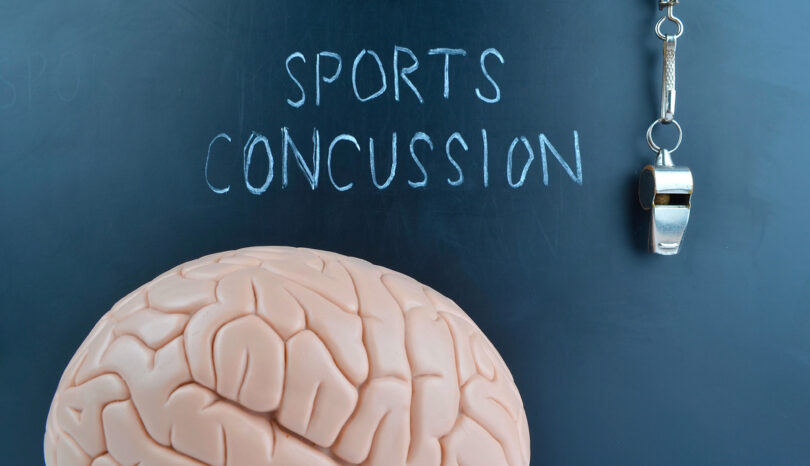- Find A Medical Provider
- Auto Injuries
- Common Injuries
- Medical/Pharmaceutical
- Types of Medical Injuries
- Malpractice Injuries
- Drug and Medical Device Injuries
- Drugs and Devices Linked to Cancer
- Opioid Addiction
- Drugs and Devices Known to Cause Injury
- 3M Combat Arms Earplugs – Hearing Loss
- Accutane
- Aciphex
- Actonel
- Actos
- Adderall and Ritalin
- Advair
- Aldara (Imiquimod)
- Alli
- Ambien
- Amiodarone
- Anzemet
- Aptivus
- Aranesp
- Arava
- Atorvastatin
- Avandia
- Benicar
- Birth Control Medication
- Blood Thinners
- Essure
- Fosamax (Alendronate Sodium)
- Gadolinium-Based MRI Contrast Agents
- Granuflo
- Hernia or Surgical Mesh Injuries
- Hydroxycut
- Inferior Vena Cava Filters
- Invokana Toe and Foot Amputations
- Ketek
- Levaquin
- Lipitor
- Mirapex
- Neurontin
- Onglyza
- Over-the-Counter Medications
- OxyContin
- Paxil
- Power Morcellators
- Pradaxa
- Propecia
- Reglan
- Talc Powder
- Trasylol
- Valsartan
- Viagra
- Xolair
- Zelnorm
- Zoloft
- Work Injuries
- Sports Injuries
- Marketing Services
- Blog
List your practice on InjuredCare | Log in / Sign up
Concussion

A concussion is a mild traumatic brain injury (MTBI) that occurs when the brain is shaken, twisted or bounced within the skull. This movement can cause chemical changes within the brain or damage brain cells.
The results of a concussion can vary greatly from mild and temporary symptoms to severe and long-lasting cognitive and emotional distress. If you sustain a fall or major hit to the head, you should look for concussion symptoms for hours or even days after the incident.
Symptoms of Concussions
No two concussions are the same. Each athlete reacts differently to concussion symptoms. The shock and confusion that follow a concussion often leave the athlete incapable of identifying the full extent of the problem or unable to make the best decisions for his or her wellbeing. Though you may seem "fine," your brain and body are in a vulnerable state. You will not have your full faculties to compete, especially in a contact sport. As a result, it is critical to watch for these concussion symptoms in yourself or other teammates to avoid more severe and potentially irreversible injuries:
- Headache.
- Loss of consciousness.
- Vomiting.
- Nausea.
- Confusion.
- Memory problems.
- Fatigue.
- Sleep issues.
- Mood swings.
- Emotion changes.
- Increase in nervousness or anxiety.
- Long term health effects can include brain damage and death.
Avoiding Concussions
Concussions are severe injuries that can have compounding effects if they go undiagnosed. They can cause lasting cognitive alterations to athletes. There is nothing "tough" about playing through a concussion. Rather, you're just hurting yourself, which also gives your team one less key player. Being smart and looking out for your long-term physical and mental health is vitally important to your post-sports career and relationships. To avoid these costly injuries, utilize these tips to prevent concussions:
Wear the right gear - Whether you're just exercising on your bicycle or you're on the gridiron, protecting your head from risky collisions with high-grade and well-fitting headgear is absolutely necessary. You never know when an accident could occur and your cognitive health is too important to ignore.
Play heads-up - From having your head on a swivel to seeing what you're hitting, playing smart and alert at all times is important. A full speed collision between two elite athletes is simply too much force for your head to endure. Control your head placement at all times to avoid risky collisions.
Utilize proper technique - Learning to hit and be hit in a way that protects your head will help extend your sports career and improve the quality of your life after sports. Building muscle memory of proper technique through repetition will help avoid awkward and risky collisions during games and practices.
Control your body - Competition can be messy, and you're not always able to predict which way your opponent is going go. This can put your body and head in some awkward positions trying to lunge for an opponent. However, choosing to play with a reckless abandon puts your head at risk of unnecessary injury.
What to do After a ConcussionIf you start to develop the symptoms of a concussion following a hit or fall, follow these steps to limit the extent of your injury and risk for a long-term cognitive impact:
- Stop whatever physical activity you are doing - If your brain has sustained a concussion, it is in an extremely vulnerable state. Any immediate shaking or bouncing could risk significant brain damage. If you have the wherewithal, take yourself out of the game or practice right away.
- Seek out your team's physician - Receiving a diagnosis early will help limit the risk of complications. Do your best to explain your symptoms to him or her and be completely honest.
- Go to the ER - When concussions occur in non-organized sports, monitor your symptoms closely. If you feel safe to drive, go to the ER for immediate attention. From there, you may be referred to a neurologist or other specialist in neurotrauma.
- Seek further treatment if needed - A neurologist can perform scans to identify the extent of your injury and monitor your progress. If serious brain damage, swelling or internal bleeding is present, a neurologist may resort to surgery to help treat damaged tissue, reduce cranial pressure or reduce swelling.
- Ease yourself back into normal activities - Concussions have a propensity to leave sufferers with mood swings and sensitivity to light and sounds, which makes even simple socializing a challenge for those recovering from a concussion. Refrain from too much activity and limit your exposure to screens to avoid headaches and discomfort. Work with your neurologist to develop a timeline for returning back to sports.
Recovering from a Concussion
While there is no treatment for concussions specifically, managing the symptoms of concussions and big hits will make the recovery period more pleasant for concussion sufferers.
Make yourself comfortable while your brain recovers by frequently resting and limiting your exposure to regular activities - watching video games, TV or computer, exercising and socializing.
Medications can help reduce the frequency and severity of headaches and other symptoms such as nausea.









